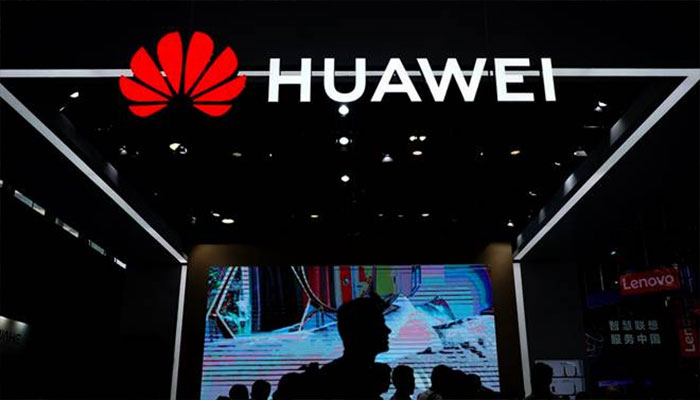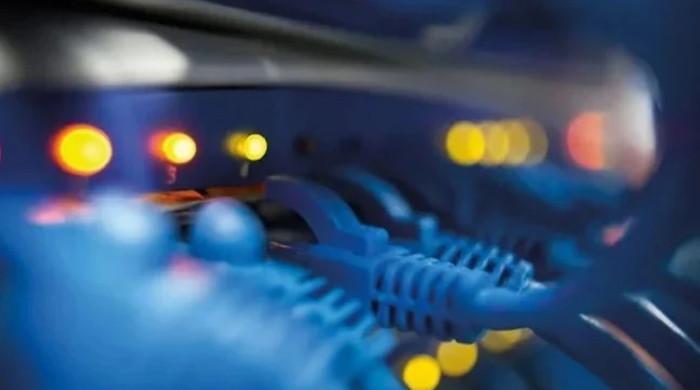Huawei says 'survival' top priority as sales fall short
Huawei has been banned by the United States from working with American firms on the grounds that it poses a national security threat
December 31, 2019

Chinese telecommunications giant Huawei said Tuesday that "survival" was its top priority after announcing 2019 sales were expected to fall short of projections as a result of US sanctions.
Huawei, a global leader in telecom networking equipment, has been effectively banned by the United States from working with American firms on the grounds that it poses a national security threat — an accusation the company has consistently denied.
Chairman Eric Xu said Huawei's sales revenue for 2019 was likely to reach 850 billion yuan (US$121 billion) — roughly 18 percent higher than the previous year.
Though he said "business remains solid", the figure was lower than a previous forecast of US$125 billion.
In a New Year's message to employees, Xu said the US government was in the midst of a "strategic and long-term" campaign against the company that would create a "challenging environment for Huawei to survive and thrive".
"Survival will be our first priority" in 2020, said Xu, the current chairman under the company´s rotating leadership scheme.
He said Huawei would need to "go all out" to build up its mobile services ecosystem — its answer to Google apps and services — to "ensure that we can keep selling our smartphones in overseas markets".
A bright spot was its smartphone business, posting "robust growth" with 240 million units shipped in 2019.
Huawei has faced obstacles and suspicion from the US and other countries wary of its close relationship with the Chinese government.
Read more: US to extend license for its companies to continue business with Huawei: sources
US intelligence chiefs state flatly that the firm cannot be trusted and its equipment is a threat to national security — an accusation the company has dismissed.
But in a boost to the company, India's telecom minister said late Monday that Huawei will be allowed to take part in trials for the roll-out of 5G services in the huge Indian market next month.
Founded in 1987 by former People's Liberation Army engineer Ren Zhengfei, Huawei was dragged into the spotlight a year ago when Ren's daughter, senior Huawei executive Meng Wanzhou, was arrested in Canada at the request of the United States.
Washington wants to put her on trial for allegedly lying to banks about violating Iran sanctions. Her extradition hearing begins on January 20.
'A difficult year'
The backlash against Huawei has only grown since Meng's arrest.
Washington has banned US companies from selling equipment to Huawei, locking out the smartphone giant from access to Google's Android operating system.
Xu said Huawei expects to remain on the US entity list in 2020, adding that the world's number two smartphone maker will not grow as rapidly as it did in the first half of 2019.
"It's going to be a difficult year for us," he said.
The US move against Huawei has come amid a wider trade war between Washington and Beijing, and analysts say the mini deal reached between the two countries will not help the company.
"Pressure on Huawei will continue in the foreseeable future even if US-China trade tensions de-escalate," Kenny Liew, an analyst at Fitch Solutions, told AFP.
"Continued pressure is also aimed at ratcheting up the pressure on US allies to drop the Chinese supplier from their networks," Liew said, noting that Huawei will increasingly rely on its domestic market to drive growth.
European telecommunications operators including Norway's Telenor and Sweden's Telia have also passed over Huawei as a supplier for their 5G networks as intelligence agencies warned against working with the company.
Australia and Japan have meanwhile taken steps to block or tightly restrict the firm's participation in their rollouts of 5G. Earlier this month, Prime Minister Boris Johnson also strongly hinted that Britain would follow suit.
But other nations have not shut the door on Huawei.











